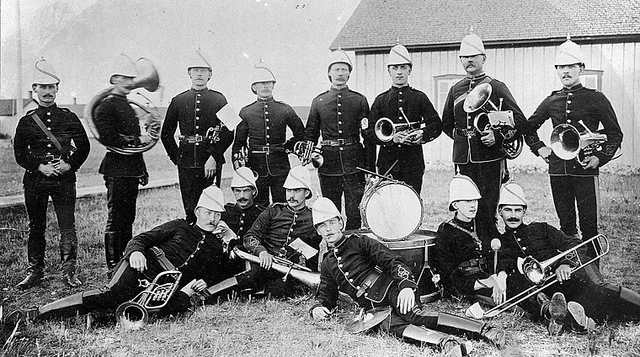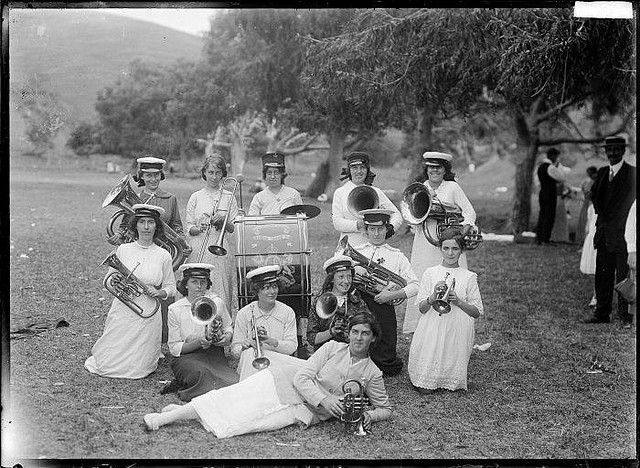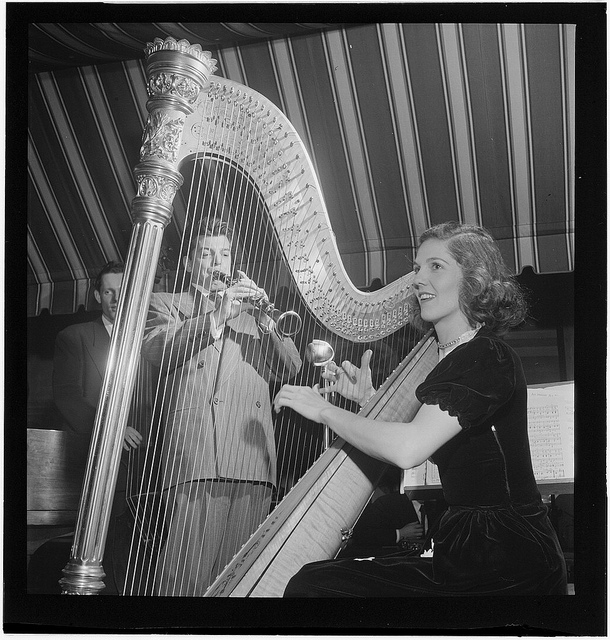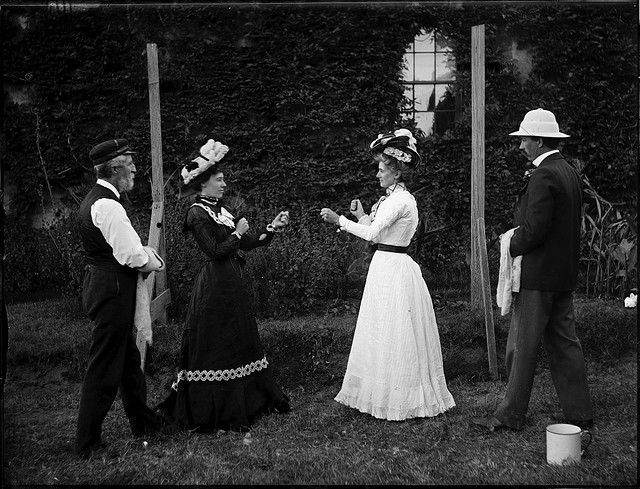Since childhood I've looked up to musicians. They're so stylish and outgoing and talented. It always looked like they were having the most fun--playing gigs, making music videos, going to the VMAs!--what a blast. I spent every spare minute in junior high and high school making mix tapes, watching MTV's 120 Minutes and going to see live music. Naturally, as I eased into "adulthood," I buddied up to as many musicians as possible. I released records on my own label, tour managed, sold merchandise, and frequently offered to carry my friends' cymbals or bass amps, anything to keep me close to the action. It wasn't until very recently however, that I decided to actually join the party. After much advocacy from my musical friends I decided to start my first band at age 29.
Of course it felt weird to have my first-ever band performance happen in my 30th year but hey, it's better now than never. It is by far one of the most fun, creative and exciting projects I've ever been a part of; I don't know what took me so long. It's a lot easier to find your treasure if you have a map, so for all you other wishers and hopers out there, I've created a step-by-step guide for getting your musical project off the ground. Follow these simple steps and you'll be beating the groupies away with a stick in no time.
Step 1: Commit.
Dedicate yourself to your musical project. Know that it's going to take time, patience and tons of practice to realize this dream but that it is totally achievable. If you're truly committed to the project, you'll make it happen. #fact
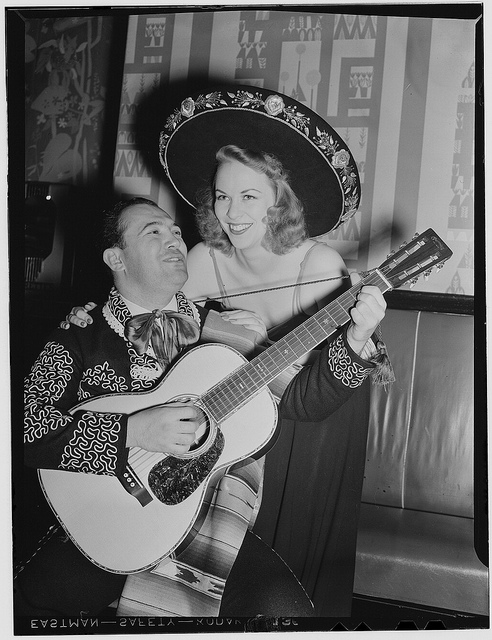
Step 2: Know How You Want to Sound
It's a good to have a general idea of what you'd like to sound like. Realizing your sound gives the band direction, helps with songwriting and will make it easier for you to get a band together. The clearer you are about how you'd like to sound, the greater your chance of success. Mine your favorite artists and songs for ideas, just like Kurt.
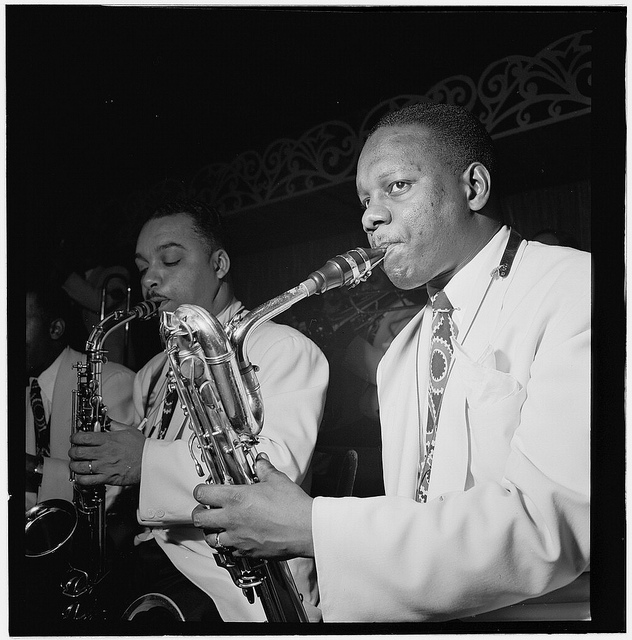
Step 3: Find Fellow Musicians
If you're anything like me, you don't have any real talent and must stake your claim on the role of singer early. If you're way ahead of me and can already hack it on guitar, bass, drums, keyboards, or tambourine, you're in a much better position. Either way it's important to find other musicians who share your vision and are as committed to the project as you are. It can be tough to find these magical people which is why you may need to enlist the help of Craigslist.org. Don't be shy, plenty of bands have met through the want-ads. In fact, Kim Deal joined the Pixies after answering an ad in The Phoenix newspaper in Boston asking for a bass player into equal parts Hüsker Dü and Peter, Paul and Mary.
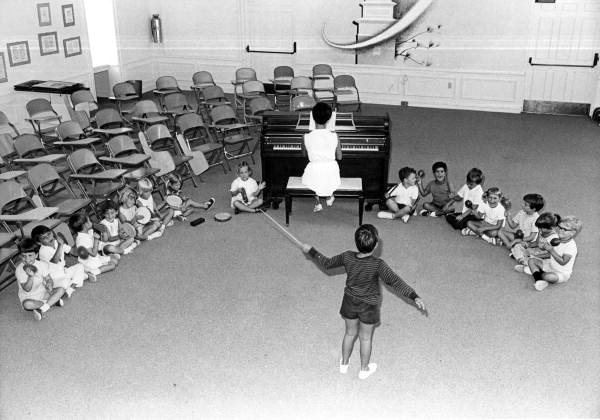
Step 4: Secure a Practice Location
If you don't have somewhere to practice you won't, so find a good place as soon as possible. There are tons of practice spaces available for rent around the Bay Area. Many other bands are willing to split the cost of a shared space so it's a great idea to look for a sublet. If possible, always opt for a mini fridge as well. Trust me, it's crucial.
